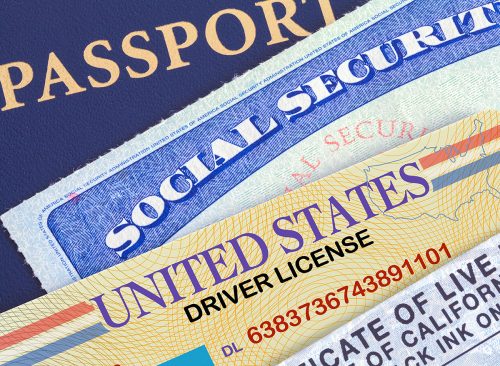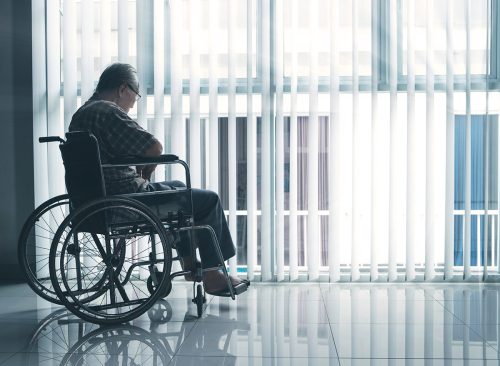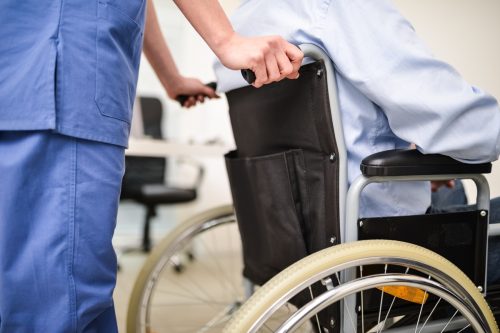5 Bad Things That Will Happen After Boomers Retire, and 1 Good
Experts predict dramatic economic future.

The times are-a-changing, especially when it comes to the economy and the job market. Currently, the workforce is older than ever. According to the Washington Post, people under 40 made up over 60 percent of the workforce in 1984 – but today, they make up just 45 percent. Over that same period, workers over 60 have become twice as common. While older workers aren't inherently bad, there will be some pretty dramatic repercussions over the next decade on the economy as a whole, the Post reports. Here are four bad things that will happen when boomers retire and one potential positive.

The most talked-about repercussion is social security. Because the current workforce funds programs like social security and Medicare, and fewer people will work, the source of money will shrink, and the programs could face funding shortfalls unless benefits are cut, or taxes are raised. Unless Congress intervenes, starting in 2033, Social Security won't be able to make full retirement payments.

The workforce is older than ever, and it isn't because younger people don't want to work. They make up a smaller portion of the population because Boomers had fewer children than their parents, "so there aren't enough Gen Xers and millennials to balance out the growing numbers of retirees. Research suggests this demographic shift brings down economic growth," says the Post.

Because more retirees will increase the demand for healthcare services and care shortages already exist, it is likely to worsen. The cost of long-term care in an aging society "keeps me up at night," said Stanford economist Gopi Shah Goda. "Long-term care is one of the biggest expenditure risks that faces the elderly population," Goda said.

Because services like long-term home health care typically aren't covered by Medicare or other health insurance, she said, "people impoverish themselves paying for long-term care until they're eligible for Medicaid, which does cover long-term care services."

Who will be forced to pick up the slack if older Americans aren't able to afford or find care? Their younger relative. Currently, about one in five adults provide ongoing support to close friends or family members, according to a 2021 KFF poll. This can lead to financial strain or even overall health for caregivers. "It's a hydra of a numbers problem," said Edwards. "And we're not trying to handle any of those heads."
RELATED: 30 Area Codes to Watch for in Latest Phone Scam

According to the Post, immigrants will need to fill the workforce. "More immigrants would fill out the ranks of working-age Americans and slow the nation's aging," they explain. "Immigrants are younger than Americans on average and already the main contributor to the country's population growth." The surge in immigration could mitigate some of the problems, like offering better outcomes for those who rely on long-term care. But for this to happen, laws would need to change.
RELATED: 30 Area Codes to Watch for in Latest Phone Scam

"We've known for 75 years now that we had a really large birth cohort," says economist Kathryn Anne Edwards. "Many of the quote-unquote problems related to that aren't from their numbers. It's problems that come from us not making policy to address what those numbers would mean."














